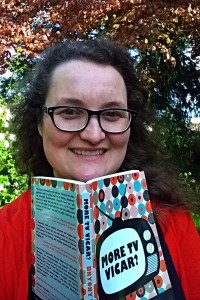Sandford St Martin TV Award
-

How should TV portray people of faith?
·
We watch a LOT of TV concerning religion, ethics or spirituality here at the Sandford St Martin Trust and so…

·
We watch a LOT of TV concerning religion, ethics or spirituality here at the Sandford St Martin Trust and so…